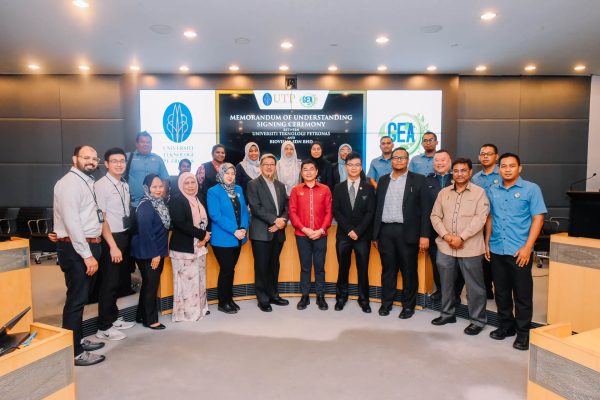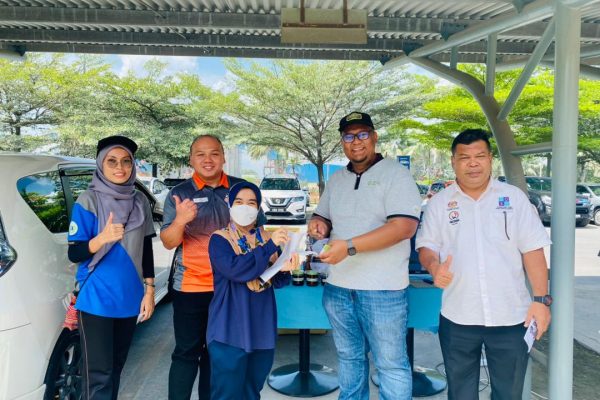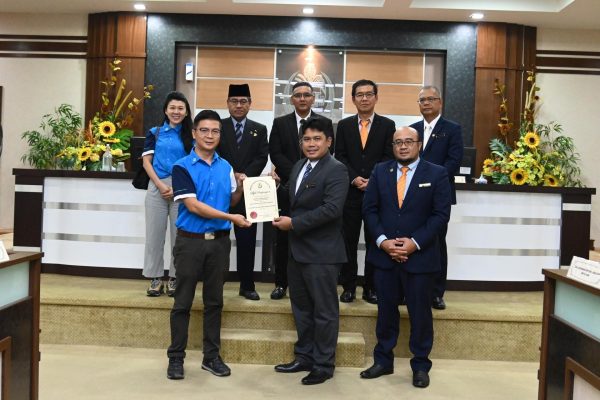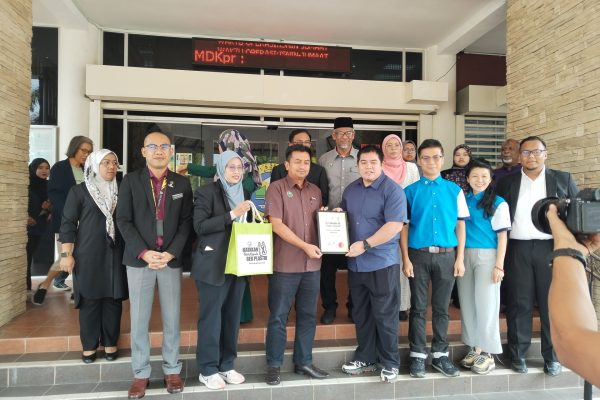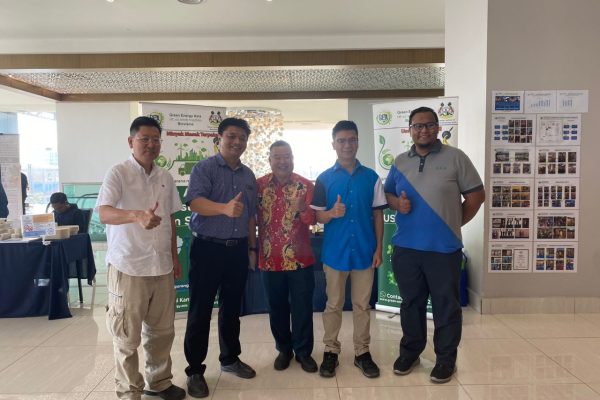KUALA LUMPUR, Sept 3 (Bernama) — Universiti Teknologi Petronas (UTP) and Biovisma Sdn Bhd (Biovisma), also known as Green Energy Asia (GEA), have signed a memorandum of understanding (MoU) to collaborate on sustainable biofuel production.
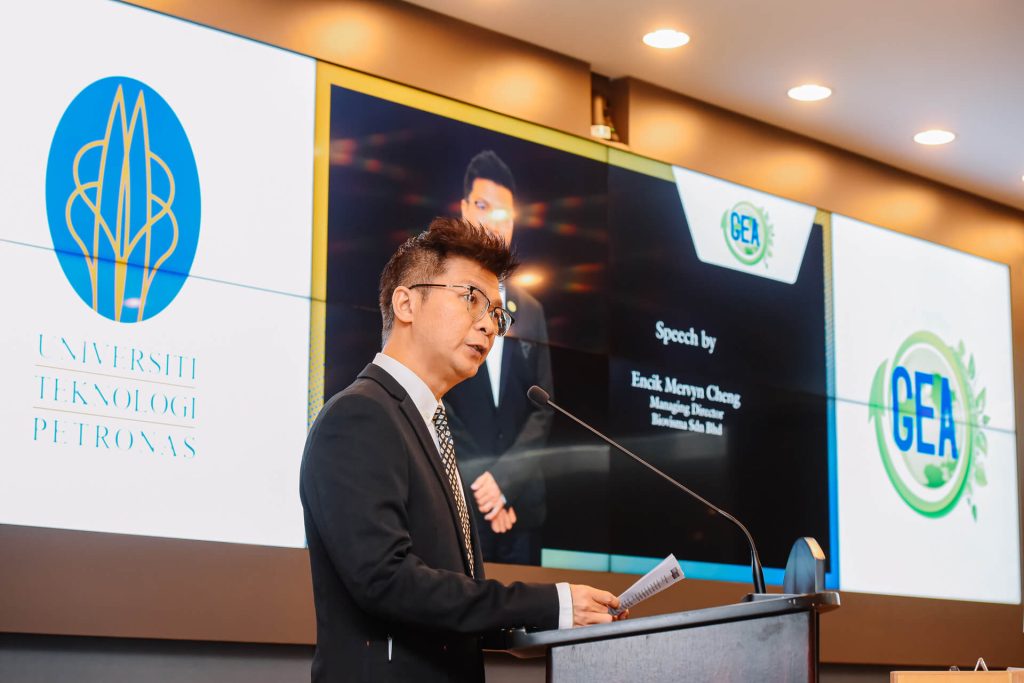
UTP said in a statement that the partnership aims to develop efficient and cost-effective solutions for biodiesel production and other value-added products from waste cooking oil.
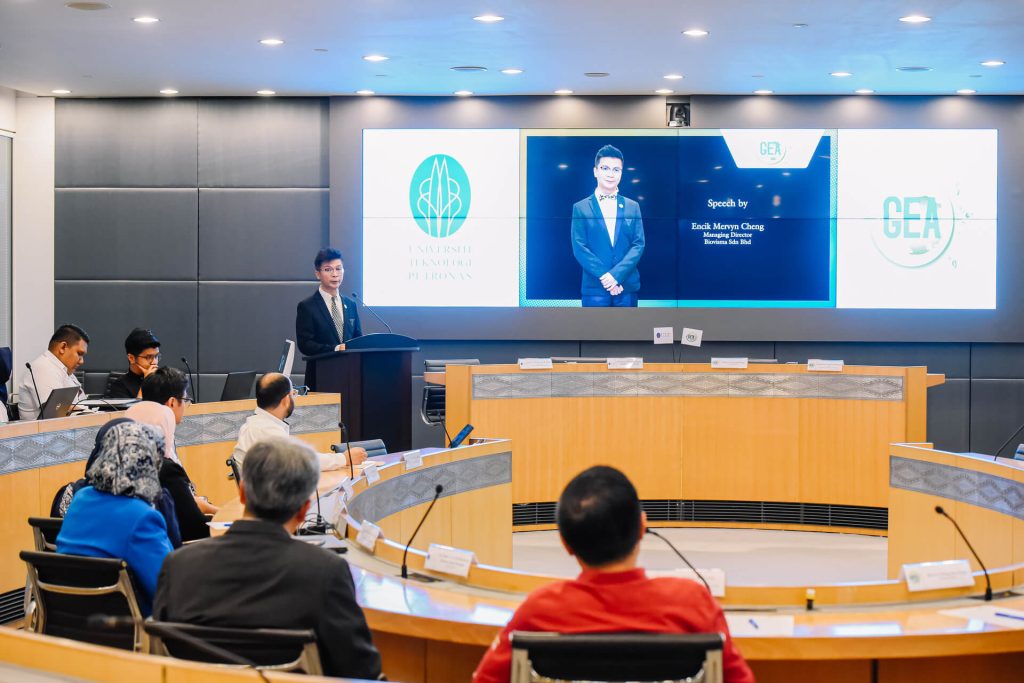
UTP vice chancellor Prof Datuk Dr Mohamed Ibrahim Abdul Mutalib signed the MoU on the university’s behalf while Biovisma was represented by its managing director Cheng Swee Siong, witnessed by Perak Science, Environment, and Green Technology Committee chairman Teh Kok Lim.
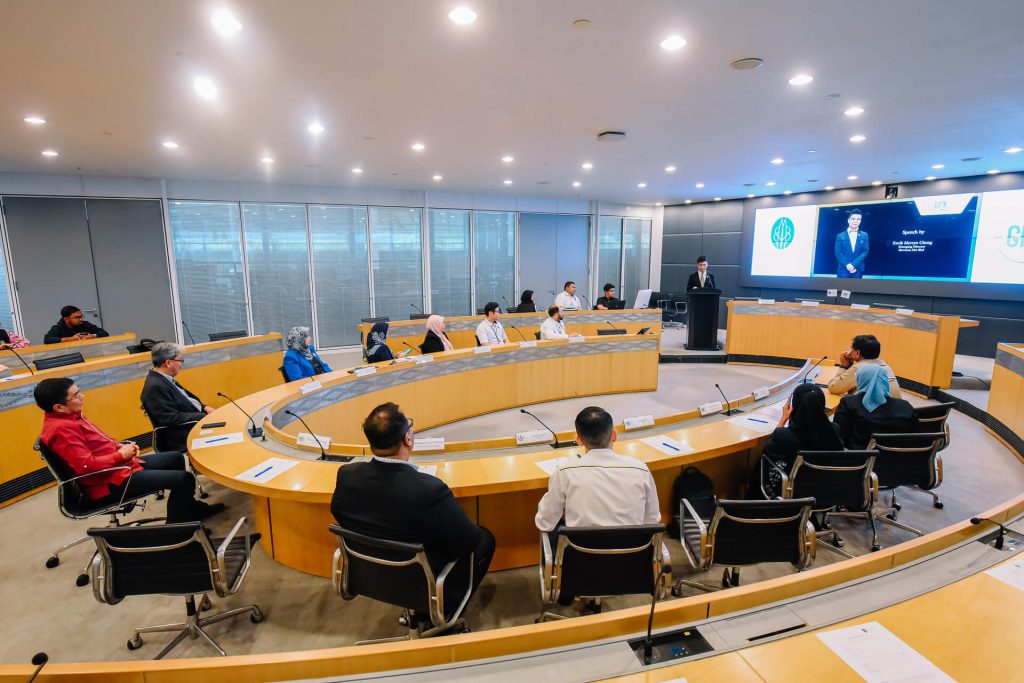
“By working together, we can capitalise on our expertise and resources to develop innovative solutions to produce biofuels. This aligns with UTP’s ongoing efforts to address environmental challenges and foster innovation within its academic community,” Mohamed Ibrahim said, adding that the collaboration marked a significant step towards a more sustainable future.
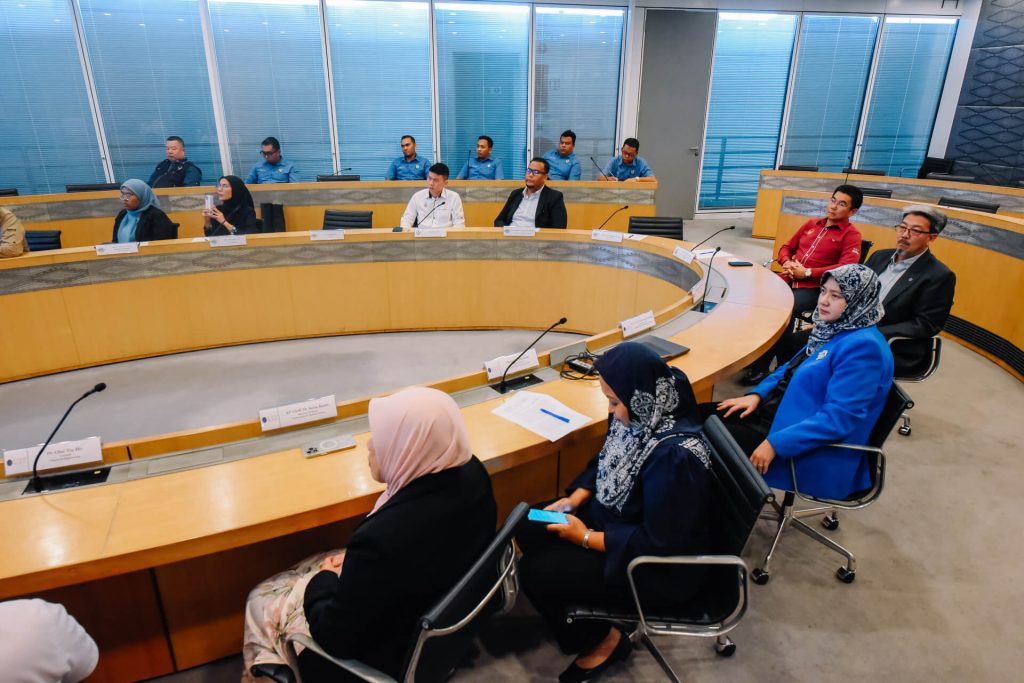
Cheng meanwhile emphasised the importance of responsible waste management and the partnership’s potential Malaysia’s biofuel landscape.
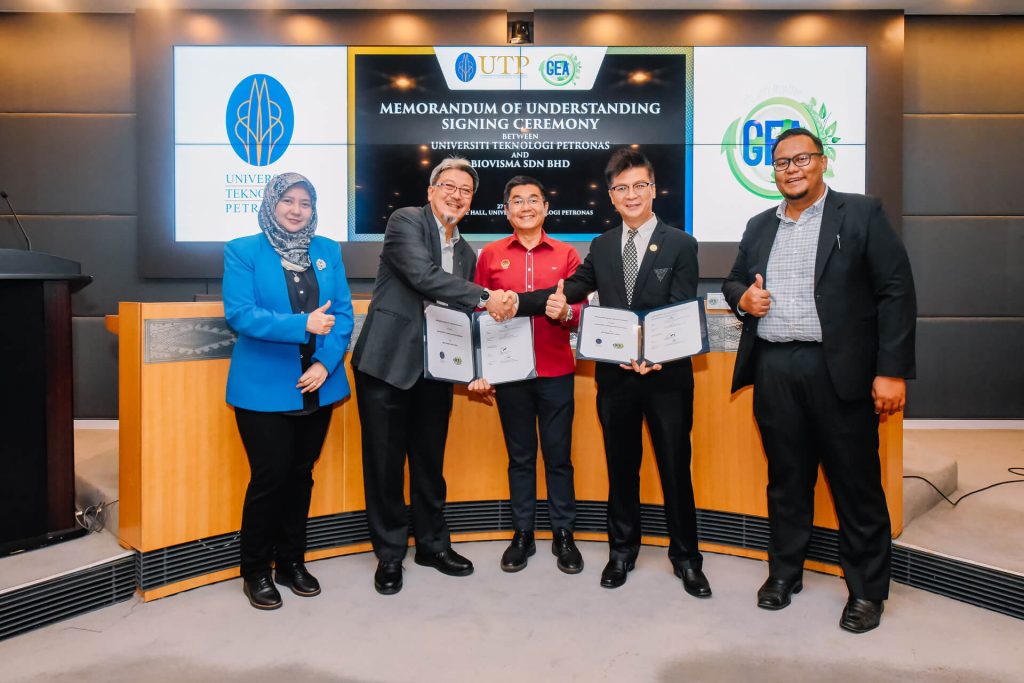
“Perak has immense potential to lead the country’s biofuel production from used cooking oil. With this MoU, we are not just signing a document; we are committing to a greener, more sustainable future.
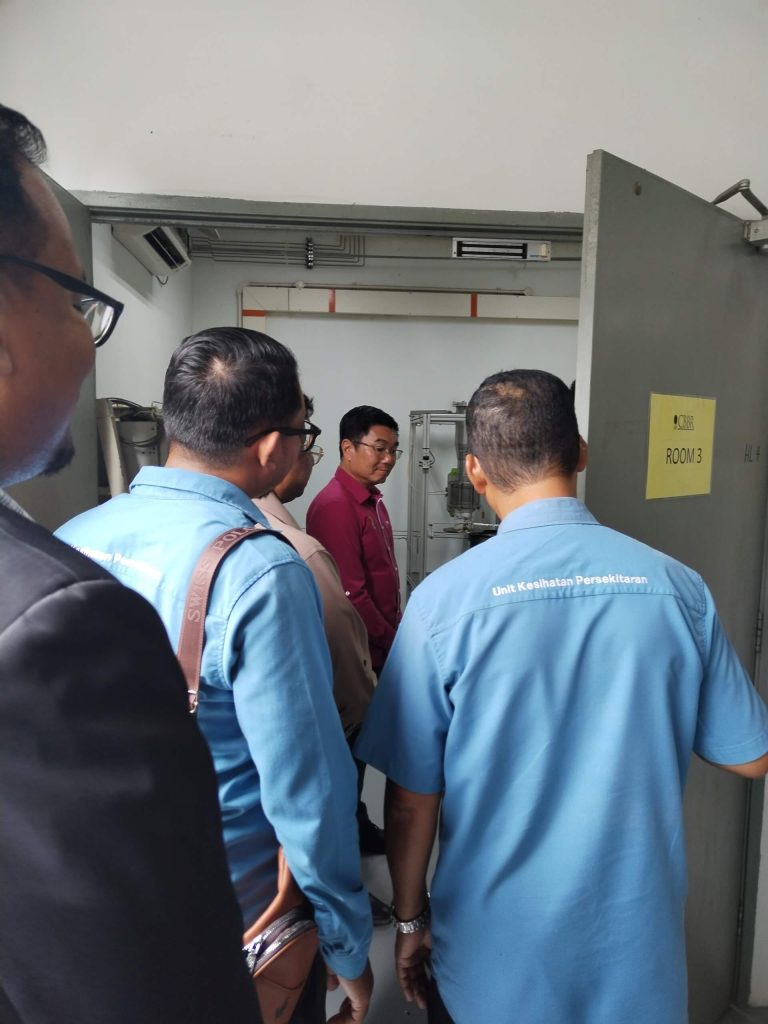
“Together with UTP, we aim to turn waste into wealth by creating a circular economy that benefits our environment and our communities,” Cheng said.
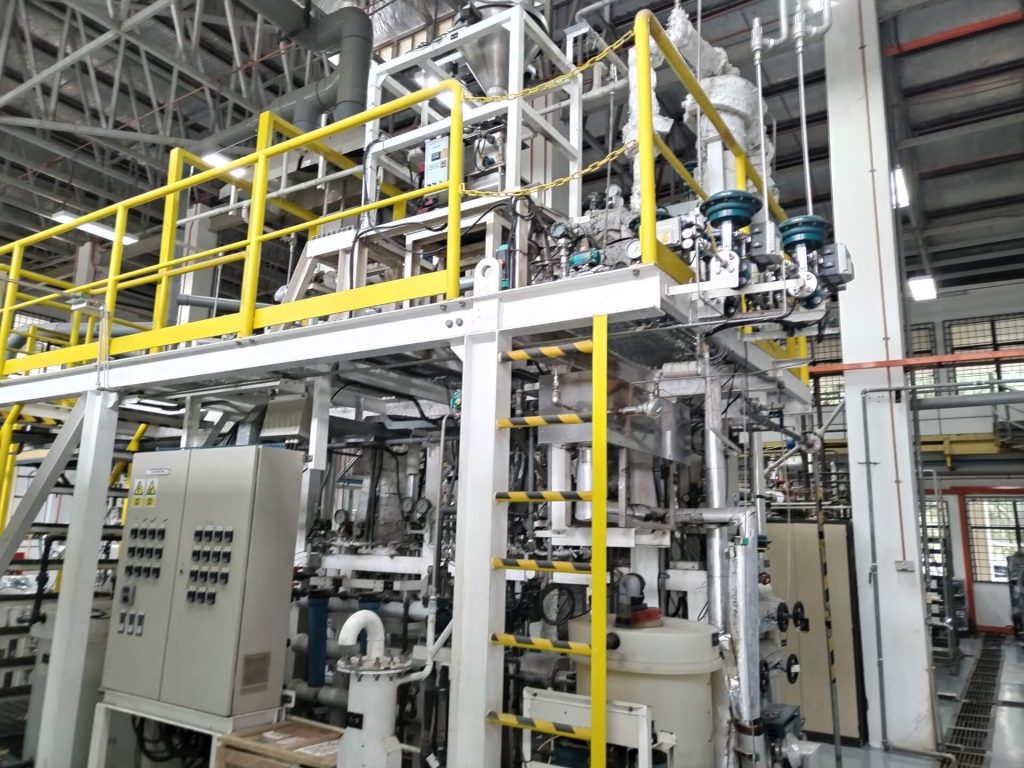
UTP’s Centre for Biofuel and Biochemical Research (CBBR) will play a pivotal role in the partnership, having been recognised as a Higher Institution Centre of Excellence (HICoE) by the Higher Education Ministry.
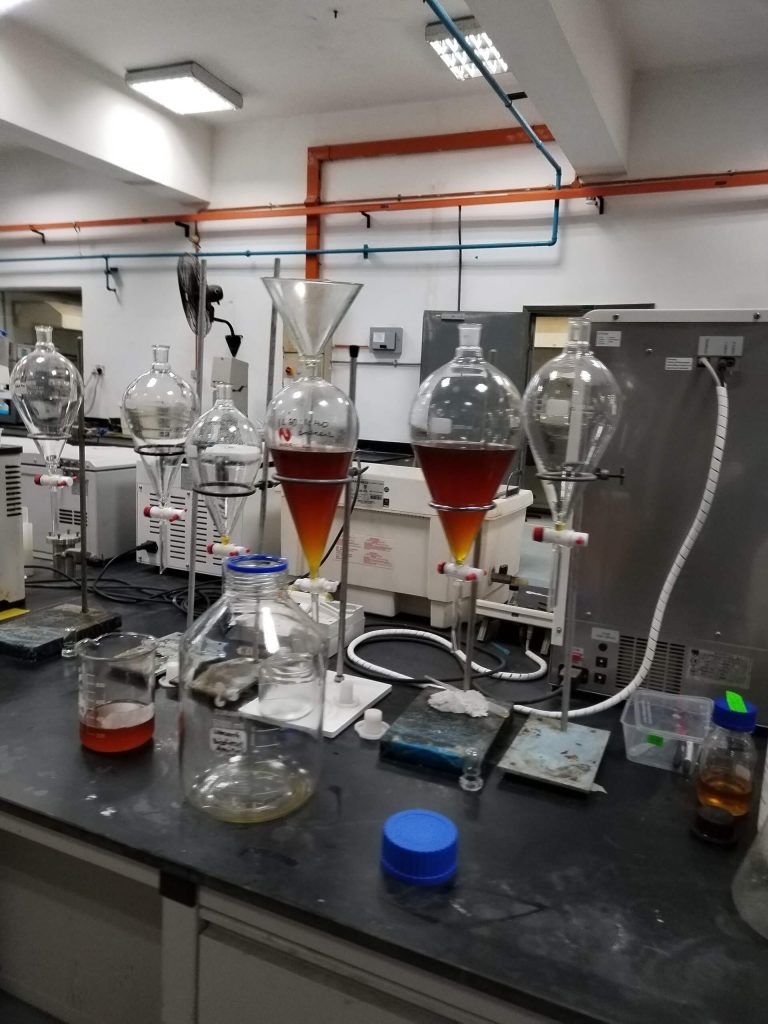
The collaboration is part of a broader project spearheaded by the government-linked universities, comprising Multimedia University (MMU), Universiti Tenaga Nasional (UNITEN), Universiti Kuala Lumpur (UniKL) and UTP to decarbonise the local fisheries sector by aiming to produce biodiesel to fuel local community boats by converting waste cooking oil into biodiesel and testing its performance in boat engines.
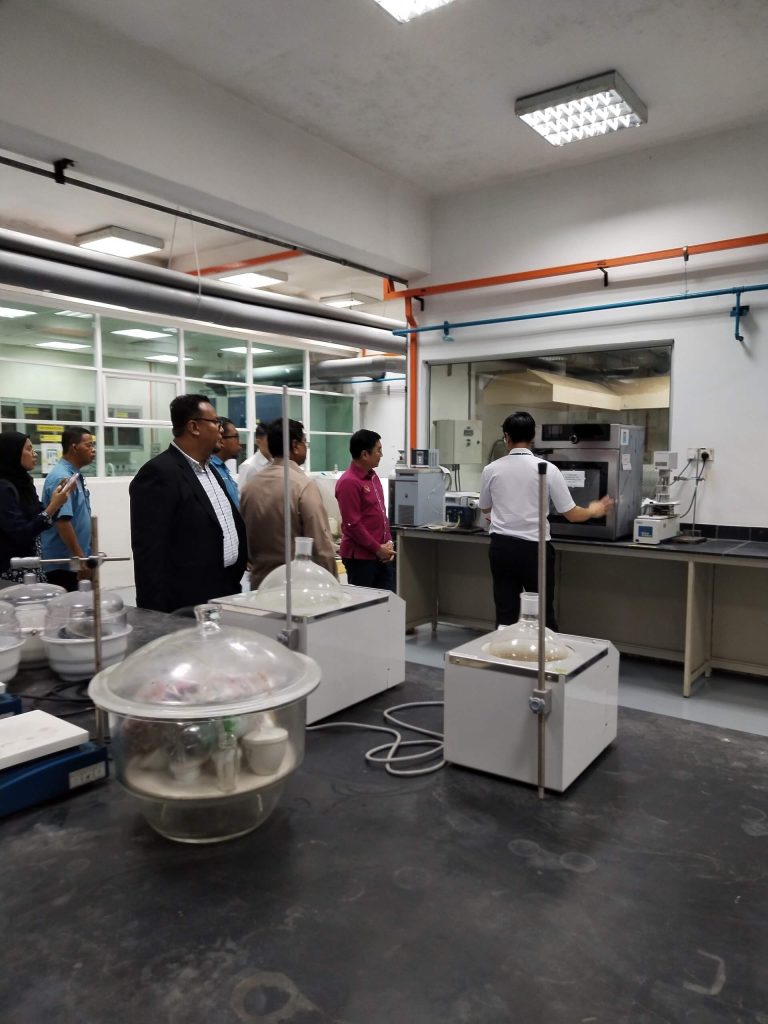
The MoU also includes plans to engage local communities in sustainable initiatives, such as collecting used cooking oil from cafeterias around UTP, which will help create a sustainable feedstock for biodiesel production, contributing to the university’s pursuit to achieve a low carbon campus and further enhancing the its commitment to sustainability.
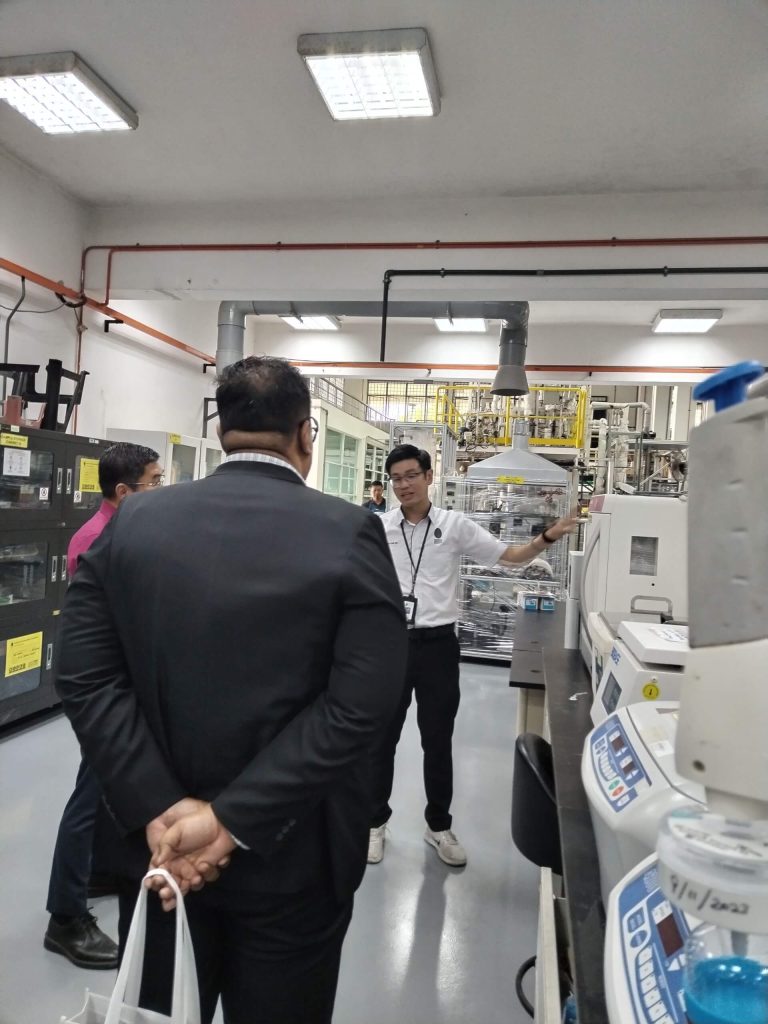
By combining UTP’s research expertise with Biovisma’s industry experience, the collaboration aims to develop innovative solutions for biofuel production and contribute to Malaysia’s and Petronas’ efforts to reduce carbon emissions and promote environmental sustainability.
— BERNAMA

